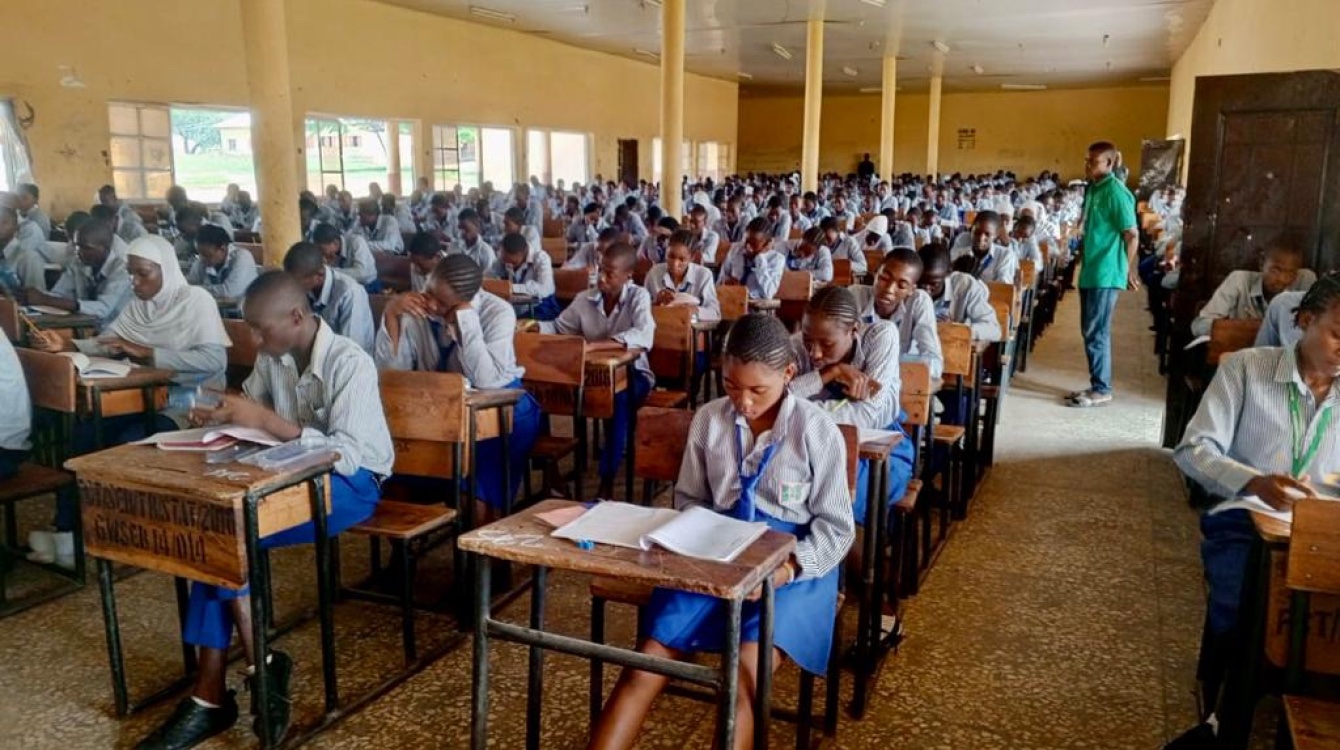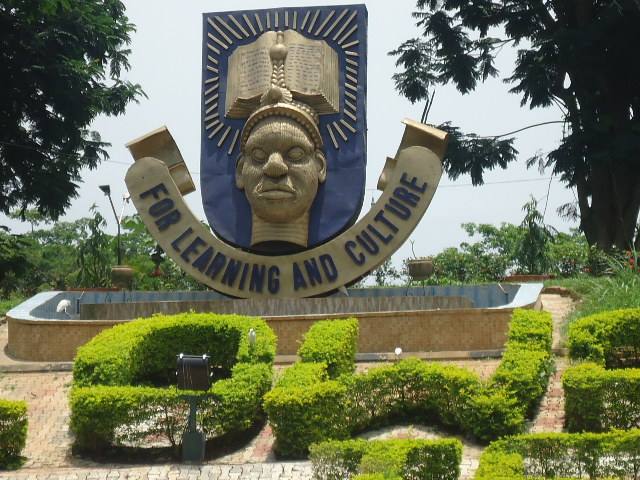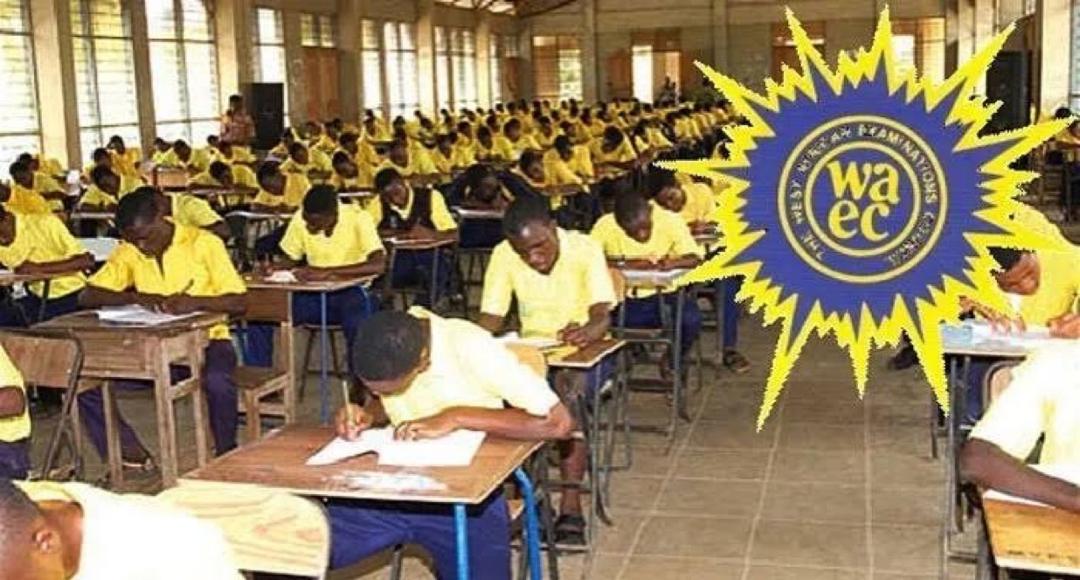In a transformative step toward improving the quality of education in Nigeria, the Federal Government, through the National Senior Secondary Education Commission (NSSEC), has initiated a comprehensive nationwide Quality Assurance Monitoring and Evaluation exercise in 2025. Officially launched on May 19, 2025, at the Federal Government College, Malali, Kaduna, this initiative is a cornerstone of President Bola Tinubu’s Renewed Hope Agenda, which places human capital development and quality education at the heart of national progress.
Why This Initiative Matters
Education is the foundation of societal progress, and Nigeria’s large and youthful population presents a unique opportunity to drive economic and social development through a robust education system. However, challenges such as inconsistent educational standards, inadequate infrastructure, and disparities in access to quality education have long hindered the secondary education sector. The nationwide monitoring exercise addresses these issues head-on, aligning with global goals like the United Nations’ Sustainable Development Goal 4 (SDG 4), which calls for inclusive and equitable quality education.
By focusing on senior secondary education, the government aims to ensure that students are well-prepared for higher education, vocational training, or direct entry into the workforce. This initiative is not just about improving schools; it’s about empowering Nigeria’s youth to contribute meaningfully to the nation’s growth and global competitiveness.
The Launch: A Strategic Beginning in Kaduna
The Quality Assurance Monitoring and Evaluation exercise kicked off in Kaduna State, a region recognized for its strong commitment to education reform. Kaduna’s selection as the starting point is significant, given its substantial investment in education—allocating over 26% of its 2024 budget and an even larger share in 2025. The launch event at Federal Government College, Malali, brought together key stakeholders, including NSSEC officials, state education authorities, school administrators, and community leaders, highlighting the collaborative effort required to make this initiative a success.
The Minister of Education, Dr. Tunji Alausa, who launched the National Minimum Standards for Senior Secondary Education in February 2025, underscored the importance of this monitoring exercise in ensuring compliance with these standards. Approved at the 68th National Council of Education meeting in October 2024, these standards provide a clear framework for assessing school performance, covering areas such as curriculum delivery, teacher qualifications, infrastructure, and student outcomes.
Objectives of the Monitoring Exercise
The nationwide monitoring initiative is designed to achieve several critical objectives:
-
Standardizing Education Quality: The National Minimum Standards serve as a benchmark for all senior secondary schools, whether public or private. The monitoring exercise ensures that schools meet these standards, fostering consistency in education quality across Nigeria’s diverse regions.
-
Identifying Strengths and Gaps: Through detailed evaluations, the NSSEC aims to pinpoint areas where schools excel and where improvements are needed. This data-driven approach will guide targeted interventions, such as upgrading facilities, enhancing teacher training, or refining curriculum implementation.
-
Promoting Accountability: The initiative introduces greater transparency and accountability in the education sector. By making evaluation results accessible, the NSSEC encourages school administrators, teachers, and education officials to take responsibility for improving learning outcomes.
-
Improving Learning Outcomes: At its core, the exercise is about ensuring that students receive a high-quality education that equips them for future challenges. By addressing systemic issues, the initiative aims to boost academic performance and prepare students for success in tertiary education or the workforce.
-
Supporting Policy Implementation: The monitoring exercise aligns with the Federal Government’s broader education policies, including the Renewed Hope Agenda. It provides actionable insights to inform policy decisions and resource allocation.
Implementation Strategy
The NSSEC has outlined a nine-month timeline for the initial phase of the monitoring exercise, during which it will enforce the National Minimum Standards across all senior secondary schools. The process involves:
-
School Assessments: Teams of evaluators will visit schools to assess compliance with the National Minimum Standards. This includes reviewing teaching methodologies, classroom environments, student performance data, and infrastructure conditions.
-
Data Collection and Analysis: The NSSEC will collect comprehensive data on school performance, which will be analyzed to identify trends, challenges, and opportunities for improvement. This data will form the basis for evidence-based interventions.
-
Stakeholder Collaboration: The initiative emphasizes partnerships with state governments, school administrators, and community leaders. Kaduna State, for example, has pledged full support, leveraging its significant education budget to complement federal efforts.
-
Feedback and Follow-Up: Schools will receive detailed feedback on their performance, along with recommendations for improvement. Follow-up visits will ensure that corrective measures are implemented effectively.
The Role of Kaduna State
Kaduna’s selection as the launch site reflects its leadership in education reform. The state’s substantial budget allocation to education—over 26% in 2024 and increasing in 2025—demonstrates its commitment to improving school infrastructure, teacher training, and student welfare. By starting in Kaduna, the NSSEC sets a precedent for other states to follow, showcasing the impact of strong state-federal collaboration in achieving educational goals.
Challenges and Opportunities
While the monitoring exercise is a promising step, it is not without challenges. Nigeria’s education system is vast and diverse, with significant variations in resources and infrastructure between urban and rural areas. Ensuring equitable implementation across all regions will require careful planning and coordination. Additionally, the success of the initiative depends on sustained funding, trained evaluators, and the cooperation of school administrators and teachers.
However, these challenges also present opportunities. The data collected during the monitoring exercise will provide a clearer picture of Nigeria’s education landscape, enabling targeted investments in underserved areas. The emphasis on accountability could also foster a culture of excellence among educators and administrators, driving long-term improvements in teaching and learning.
The Bigger Picture: A Vision for Nigeria’s Future
The nationwide monitoring of secondary schools is more than a quality assurance exercise; it’s a bold statement about Nigeria’s commitment to its youth. By ensuring that every senior secondary school meets rigorous standards, the Federal Government is laying the foundation for a generation of skilled, innovative, and globally competitive individuals. This initiative aligns with President Tinubu’s vision of a Nigeria where education unlocks opportunities and drives sustainable development.
As the NSSEC rolls out this program over the next nine months, all eyes will be on its progress. The success of this initiative could set a precedent for other African nations grappling with similar educational challenges, positioning Nigeria as a leader in education reform on the continent.
Conclusion
The launch of the nationwide Quality Assurance Monitoring and Evaluation exercise marks a pivotal moment in Nigeria’s journey toward educational excellence. By enforcing the National Minimum Standards, fostering accountability, and addressing systemic gaps, the Federal Government is taking decisive action to elevate secondary education. With Kaduna State leading the way and a clear implementation strategy in place, this initiative has the potential to transform schools, empower students, and shape a brighter future for Nigeria.
As stakeholders await the outcomes of this nine-month exercise, one thing is clear: Nigeria is investing in its most valuable asset—its people. Stay tuned for updates on this transformative journey, and let’s celebrate the commitment to building a stronger, smarter, and more prosperous nation through education.
Join our Whatsapp channel to stay updated always!


